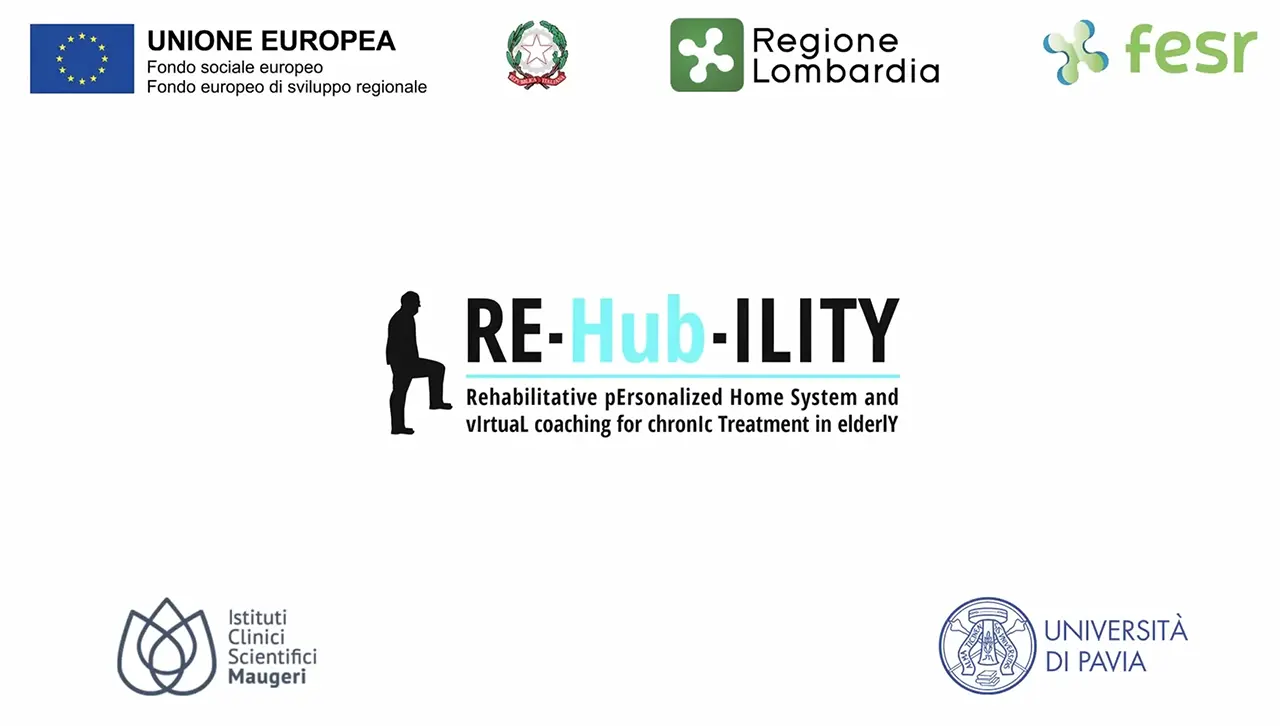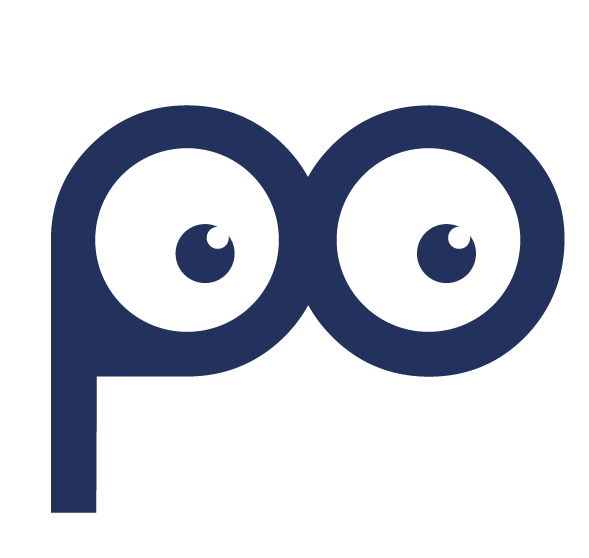How AI and Psychology can promote positive changes in people?
The “odd couple” of AI and social psychology is transforming the way we communicate with people, creating opportunities to drive positive change in areas such as health, well-being and environmental sustainability.
Social psychology has studied the factors that influence human behavior for decades, providing consolidated theoretical models on behavioral change. AI, on the other hand, offers advanced tools to automate complex processes and implement these models at scale.
As explained by Prof. Patrizia Catellani, professor of Social Psychology at the Catholic University of Milan, during the Athics webinar “AI and social psychology”: “Social psychology offers consolidated models that artificial intelligence allows to be translated into automatic systems”.
Written by portrait team


AI and psychology in Re-hub-ility project
A concrete example is the RE-Hub-ILITY project, developed with the support of Athics.
Re-hub-ility is a research project, financed by the Lombardy Region and led by ICS Maugeri Spa Società Benefit, with the collaboration of the University of Pavia, the Catholic University, the University of Naples Federico II and a pool of innovation companies in the area Lombardy, including Athics.
The aim of the project was to encourage the home rehabilitation of patients through a platform for home rehabilitation, based on electronic games for rehabilitation purposes, designed to make the patient carry out precise movements by interacting with a monitor through wearable sensor systems and a chatbot with virtual coach function.
The psychologist’s role in this project was to identify a communication method within the conversation with the virtual agent, to establish a dialogue with people that could encourage patients to complete the therapeutic plan.
The three phases of the research

Profiling
Profiling represents the first fundamental step to understand the levers that influence behavior. This process analyzes unique characteristics of each individual, such as motivations, habits, preferences and psychological barriers. Using advanced tools, including questionnaires and AI-based tools like Portrait, key behavioral antecedents can be identified. This data not only offers a detailed snapshot of the personal profile, but allows us to design targeted, effective and specific interventions for every need.

Framing
Framing is the creation of messages that not only communicate information, but do so in a way that resonates deeply with individual motivations, values, and emotions. This approach uses the principles of social psychology to emphasize aspects relevant to the person, such as growth opportunities, health benefits or improved well-being. For example, a message can highlight the pleasure of feeling more energetic after physical activity or the value of taking care of yourself. The key is to adapt the tone and content of the message so that the individual perceives it as relevant and motivating.

Tailoring
Tailoring represents the art of sending highly personalized communications, designed to respond to the specific needs, preferences and motivations of each individual. Thanks to the analysis of the data collected during profiling, it is possible to select contents and communication methods that maximize the impact on the recipient. This approach can include sending motivational messages at the right time, using the user’s preferred channels or personalizing the language to reflect their communication style. The result is an interaction that feels authentic, increasing the involvement and effectiveness of the message.


AI and psychology for a “happy communication”
It is not always enough to inform people to convince them what they need to do to achieve a result, for example, “stay healthy”. Often trying to convince someone to do something generates a boomerang effect.
Happy communication is based on three key principles:
- Empathy: understanding what really motivates people’s behavior.
- Positive tone: focus on opportunities rather than risks.
- Personalization: adapting the message to the unique characteristics of the recipient.
AI plays a crucial role, allowing large amounts of data to be quickly analyzed to create tailored messages that not only inform, but persuade and inspire change.


AI and psychology are complementary disciplines
In the debate between human and artificial intelligence, it has emerged that these two forms of intelligence are not in competition, but complementary. Studies conducted at the interdisciplinary research center Psy-Lab, directed by Prof. Catellani, demonstrate that AI models, such as large language models (LLM), can evaluate personality characteristics with surprising accuracy, comparable to that of human evaluators.
This complementarity opens new avenues for psychologists, who can use AI as a tool to broaden their impact, while ensuring that the human element remains central.

Summary
The combination of artificial intelligence and social psychology is revolutionizing the way we communicate, promoting positive changes in areas such as health, well-being and sustainability.
While psychology offers established models of human behavior, AI implements them on a large scale.
The two disciplines work in synergy for personalized, ethical communication oriented towards collective well-being.
Source: Webinar AI e Psicologia Sociale
More articles from our blog

AI predictive capabilities
In the webinar “Understanding People with AI”, organized by Athics, Professor Marco Piastra (University of Pavia) and Professor Patrizia Catellani (Università Cattolica del Sacro Cuore in Milan) explored the predictive capabilities of AI, presenting the recent publication on the use of Large Language Models in the estimation of personality traits.

We are bringing Artificial Intelligence in Sanremo
An example of how artificial intelligence in music can reveal more about authors personalities and song’s main emotional traits

What are the differences between Emotion AI and psychometric profiling?
The main differences between Emotion AI and psychometric profiling according to European AI Act and an ethical view of artificial intelligence.

FOLLOW US ON LINKEDIN
Curious to know more about the collaboration
between AI and psychology?
Follow us on Linkedin.

Headquarter
Via Meuccio Ruini 10, 42124 - Reggio Emilia (RE)
